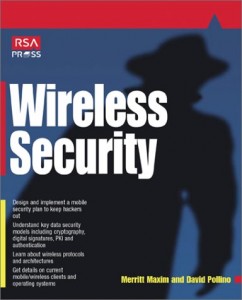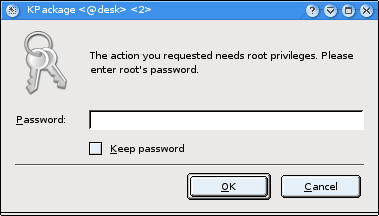Closed Circuit TV Cameras (CCTV) have indeed become a new face of overall protection and security. At the rate that security is breached and terrorism growing rampant these days, it is apparent that any place or business establishment needs to work up its security measures to ensure maximum protection for the innocent consumers and people who are unaware of threats that may come their way.
But one issue that has been heard all throughout the world is on their reliability. You can monitor various activities but then what? What action would you take? If you do, would it be enough to avoid any accidents that may suddenly occur.
Apparently, many establishments just want to avoid the trouble. Mischief lingers anywhere these days and the best thing that you can do is to try and avoid them. Compared to the early days, tighter security through videos allows the place owners to monitor abnormal and suspicious behaviors to which the proper steps to avoid them can be done.
The list goes as far as advanced security measures such as the high security of sealed places where new technology as thumbprints, eye scanners and card swiping for better monitoring of accessing people limits the list of potential breaches in a certain area.
This has helped a lot and in times where something unfortunate may happen, investigators can have a better time catching culprits thanks to these hidden monitors. These days, that is why most mischievous people have made it a point to survey before attacking. Sadly, some of them have found a way to get around CCTV security as well.

